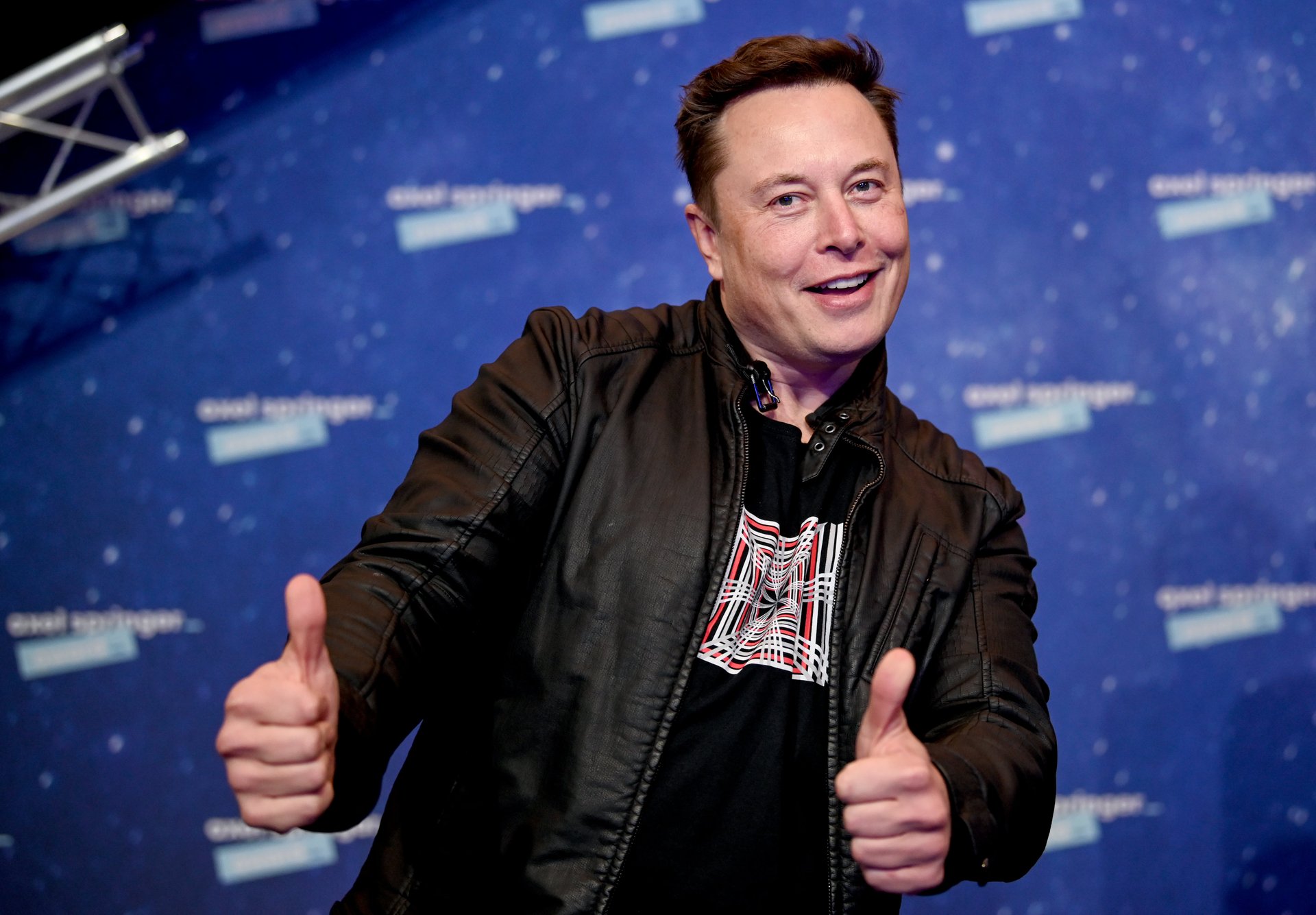Neuralink has implanted its second patient with a brain chip, Elon Musk says
The startup aims to perform another eight trials in 2024, pending regulatory approval

Elon Musk says his startup Neuralink has implanted a brain chip into a second patient and plans to perform another eight trials later this year.
Suggested Reading
Musk’s company is currently testing its brain chip implants, which are designed to help people with injured spinal cords regain some autonomy. Its first patient, 29-year-old quadriplegic Noland Arbaugh, received an implant in late January. He’s since used the device — “Telepathy” — to play video games, online chess, and other activities he had previously been unable to do.
Related Content
Neuralink received regulatory approval for its second test, along with a modified procedure, in May. The changes to the procedure came after the implant’s threads — components of the device that record neural activity — retracted from Arbaugh’s brain. Neuralink planned to put the implant’s threads eight millimeters inside a patient’s motor cortex, compared with the three to five millimeters used for Neuralink’s first patient.
Musk on Friday told podcaster Lex Fridman that some 400 electrodes implanted in the second patient are showing signals; Neuralink’s implant has 1,024 electrodes across the 64 threads, according to its website.
“I don’t want to jinx it, but it seems to have gone extremely well with the second implant,” Musk told Fridman as part of an eight-hour podcast featuring Neuralink executives and Arbaugh. “It’s working very well.”
Musk added that, depending on regulatory approval, Neuralink aims to perform another eight trials by the end of the year. Despite issues some time after his surgery, Musk said Arbaugh has improved on his old world record for speed and precision in controlling a cursor using his thoughts; “roughly 10, 15%” of the electrons implanted are working, he added.
Musk announced Neuralink in 2017, stating that its mission is to “create a generalized brain interface to restore autonomy to those with unmet medical needs” through its implantable brain chips. The surgery involves attaching the implant, called the “Link,” directly to the brain to read neural signals. Wires from the device are meant to monitor the patient’s brain activity and use electricity to stimulate certain areas of the brain.
Despite its progress, the company has been at the center of controversy. It’s been fined by the Department of Transportation for violating rules on the movement of hazardous materials and, in 2022, animal rights group Physicians Committee for Responsible Medicine accused it of torturing monkey test subjects.
In June, a former employee sued Neuralink and accused it of hosting a discriminatory and hostile work environment. They claimed to have not been given proper protective gear while working with the monkeys Neuralink tested its devices in and claimed a monkey carrying the Herpes B virus scratched her through her glove.
—Bruce Gil and Ben Kesslen contributed to this story.
